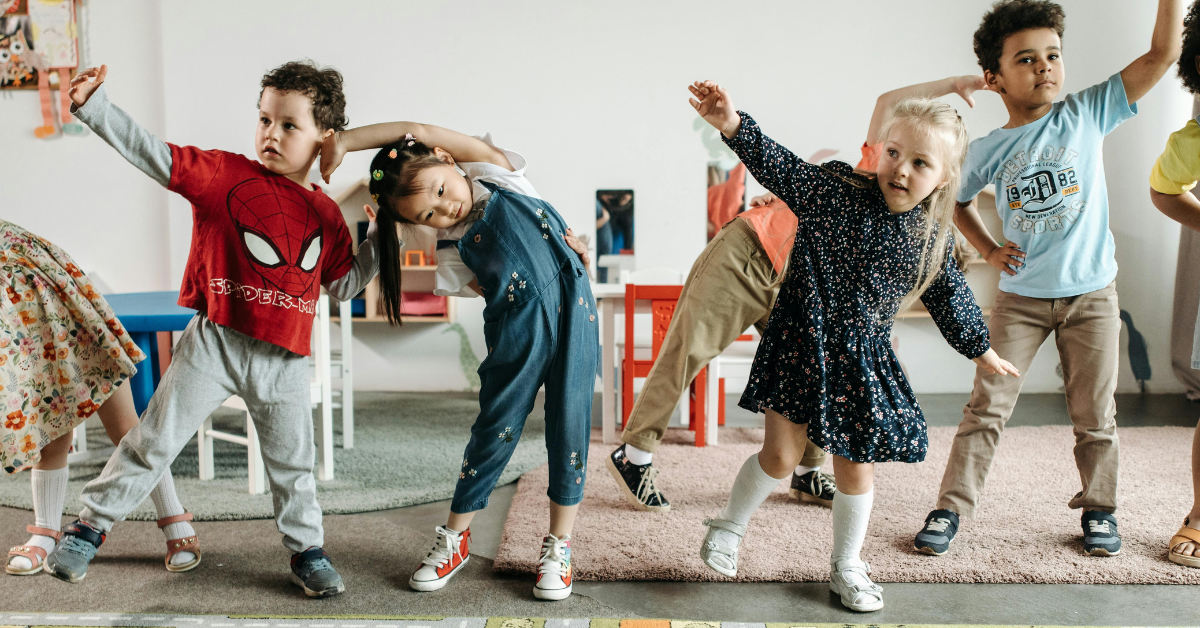
13 Sustainable Extracurricular Activities for Children in 2025

*Collaborative Post
As parents and educators look for ways to raise children who are both engaged and environmentally conscious, extracurricular activities are getting a sustainable makeover. In 2025, more families are seeking after-school programs that not only entertain and educate but also align with values like conservation, creativity, and community.
Sustainable extracurriculars are everywhere, and they’re more exciting than ever. There’s no shortage of green options that promote well-rounded development while caring for the planet.
This list of 13 sustainable extracurricular ideas offers inspiration that benefits both kids and the environment.
Why Choose Sustainable Extracurriculars?
The world your child is growing up in faces unprecedented environmental challenges, and introducing eco-minded activities early on helps build lifelong habits of mindfulness and stewardship. Sustainable extracurriculars encourage:
- Creative problem-solving
- Physical and mental health
- Community engagement
- Environmental awareness
Plus, sustainability doesn’t mean compromising fun. It simply means thinking a bit smarter and being more intentional. Whether your child is into art, sports, music, or STEM, there are green-friendly versions of nearly every activity.
Organizing multiple activities across a week can be a juggling act, especially for families with busy schedules. That’s where smart tech comes in.
Tools like scheduling software for dance studios can help streamline activity planning, sign-ups, and communication with instructors, making it easier to manage diverse extracurriculars efficiently and sustainably.
13 Sustainable Extracurricular Activities for Kids in 2025
Ready to build a weekly calendar that supports your child’s interests and the planet? Here are 13 ideas to consider.
1. Nature Walk Clubs
Encourage curiosity and physical activity by joining a local nature group or starting a weekly hike tradition. Kids can explore trails, collect leaves (ethically), and learn about native species. Add a nature journal to turn walks into mini science adventures.
2. Zero-Waste Crafting
Upcycling is more than just a trend. It’s a fun and accessible way to teach kids about reducing waste. Use old magazines, fabric scraps, or cardboard boxes for crafting sessions that spark imagination without creating more trash.
3. Composting Projects
Start a compost bin at home or in school gardens. Let kids take charge of food scraps, learn how decomposition works, and help turn waste into fertile soil. It’s biology in action, and they’ll love the hands-on mess.
4. Urban Gardening or Seed Starting
Apartment dwellers can still garden! Balcony herb boxes, container veggies, or classroom grow kits teach responsibility and where food comes from. Bonus: homegrown snacks.
5. Local Dance Classes with Eco-Commitment
Look for studios that prioritize sustainable practices, like digital registrations, minimal-costume performances, or locally sourced materials. Combine movement with mindfulness and community connection.
6. Recycled Instrument Music Classes
Who says you need a pricey violin to make music? Programs that teach rhythm and creativity through DIY instruments (think drums from cans or maracas from bottles) are fun, frugal, and reduce waste.
7. STEM Challenges with Recycled Materials
Challenge young engineers to build bridges from popsicle sticks, towers from paper rolls, or boats from milk cartons. It’s a perfect blend of creativity, problem-solving, and sustainability.
8. Wildlife Tracking or Birdwatching
Equip your kids with binoculars and let them learn how to spot, identify, and track birds or small wildlife. Apps can help log sightings, and kids gain a deeper respect for local ecosystems.
9. Community Clean-Up Crews
Make picking up trash feel like a mission. Organize a monthly neighborhood clean-up or beach sweep. Add gloves, buckets, and a goal, like who can collect the most recyclables.
10. Eco-Themed Book Clubs
Read stories centered on nature, conservation, or animal adventures. Encourage discussion and pair the books with simple related activities like planting a tree or visiting a park.
11. Sustainable Cooking or Food Prep Classes
Teach kids how to make simple snacks using local produce, or start a “no-waste lunchbox” challenge. Cooking at home using fresh, whole ingredients reduces packaging and encourages healthier eating.
12. Mindfulness and Yoga
Mindful movement and breathwork not only calm busy minds but can be done outdoors in green spaces, with no energy consumption required. These practices also help kids build emotional resilience.
13. Eco-Theater or Green Storytelling Groups
Let your child’s dramatic side shine in performances or storytelling centered around environmental themes. Scripts can be co-created, and props made from found or recycled items.
Building a Sustainable Routine, One Activity at a Time
You don’t have to overhaul your child’s entire schedule overnight. Start with one or two activities that align with their interests and your family’s values. Even small changes, like switching to digital class sign-ups or choosing programs that reuse materials, make a lasting impact.
By weaving sustainability into extracurricular routines, you’re helping raise kids who understand that fun and responsibility can go hand in hand. And perhaps most importantly, you’re giving them the tools to shape a future where community, creativity, and care for the planet coexist beautifully.
*This is a collaborative post. For further information please refer to my disclosure page.




